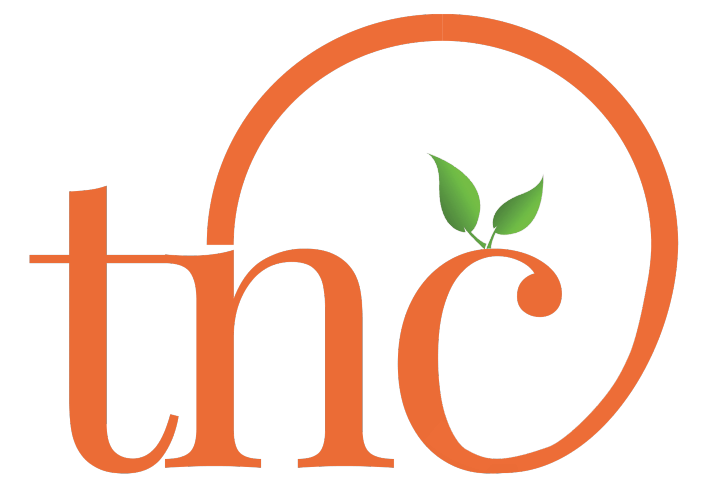
10
Jul 2023Boost Your Practice Efficiency: 5 Benefits of Using Nutrition Software for Nutritionists
In the fast-paced world of nutrition, efficiency is key to providing quality care to clients. As a nutritionist, managing client information, analysing nutritional data, and creating personalised meal plans can be time-consuming tasks. However, with the advent of nutrition software, these processes have become streamlined, resulting in enhanced practice efficiency.
Let’s explore five significant benefits of incorporating nutrition software into your practice.

Streamlined Client Management
One of the primary advantages of using nutrition software is its ability to streamline client management. Traditional methods of managing client information, such as paper files or spreadsheets, can be cumbersome and prone to errors. With dedicated features for managing client information, nutrition software ensures that all essential data is organised and easily accessible.
It offers centralised client profiles where you can store and update information such as personal details, medical history, dietary preferences, and goals. Additionally, nutrition software often includes appointment scheduling functionality, allowing you to manage your calendar efficiently and send reminders to clients. Progress tracking features enable you to monitor clients' progress over time, making it easier to assess their adherence to recommendations and adjust treatment plans as necessary. By utilising nutrition software for client management, you can experience improved organisation, increased productivity, and better time management.

Accurate Nutritional Analysis
Accurate nutritional analysis is at the core of every nutritionist's practice. Traditionally, nutritionists relied on manual calculations or generic estimates to assess nutrient intake and evaluate dietary patterns. However, nutrition software has revolutionised this process by offering a comprehensive database of food items and their nutritional values. These databases are constantly updated and include a vast range of ingredients, including brand-name products and regional specialties.
By simply inputting the foods consumed by your clients, the software can accurately analyse their nutrient intake, allowing you to identify deficiencies or excesses in their diet. This data-driven approach enables you to provide personalised and evidence-based guidance to clients, helping them make informed choices for optimal health.

Meal Planning and Recipe Creation
Creating tailored meal plans and recipes is an essential aspect of a nutritionist's practice. However, it can be a time-consuming and challenging task, considering the diverse dietary needs and preferences of clients. Nutrition software simplifies this process by offering a wide range of customizable meal options. You can input client-specific parameters, such as calorie requirements, macronutrient ratios, and allergens, and the software generates meal plans that meet individual needs.
These meal plans can be easily modified to accommodate dietary preferences, cultural considerations, or specific health conditions. Additionally, nutrition software often includes features like automated shopping lists, recipe libraries, and even meal prep instructions. These features save you time and effort while ensuring your clients have practical and nutritious meal options tailored to their unique needs.

Enhanced Collaboration and Communication Online
Collaboration and communication play a vital role in achieving successful outcomes for clients. Nutrition software provides features that facilitate better collaboration with clients and other healthcare professionals. Secure messaging capabilities allow for seamless communication, ensuring privacy and easy exchange of information. You can send and receive messages, answer client queries, and provide ongoing support through a centralized platform. File sharing features enable you to share educational resources, handouts, or lab results with clients, enhancing their understanding and engagement in their own health journey.
Furthermore, many nutrition software platforms offer telehealth capabilities, allowing for virtual consultations and monitoring. These remote communication options are particularly valuable in situations where clients cannot physically visit your office. By utilizing nutrition software for collaboration and communication, you can enhance client engagement, improve adherence to recommendations, and foster a stronger client-provider relationship.

Data Analysis and Reporting
Data analysis is crucial for tracking client progress, measuring outcomes, and making informed decisions. Nutrition software simplifies this process by generating comprehensive reports and analyzing data trends. By tracking client metrics over time, such as weight, body measurements, or dietary changes, you can identify patterns and measure the effectiveness of interventions.
These insights enable you to make data-driven adjustments to treatment plans and provide targeted guidance to your clients. Furthermore, nutrition software allows you to generate professional reports summarizing client progress, making it easier to communicate results and collaborate with clients and other healthcare professionals. These reports can be customized to include charts, graphs, and key findings, providing a clear visual representation of the clients' journey towards their health goals.

Conclusion
Incorporating nutrition software into your practice can significantly boost efficiency and improve client care. Streamlined client management, accurate nutritional analysis, simplified meal planning, enhanced collaboration and communication, and robust data analysis and reporting are just a few of the benefits that nutrition software offers. By leveraging the power of technology, nutritionists can spend less time on administrative tasks and more time focusing on their clients' health and well-being. Whether you are managing client information, analyzing nutrient intake, creating personalized meal plans, collaborating with clients, or tracking progress, nutrition software can streamline your workflow and enhance client outcomes.




